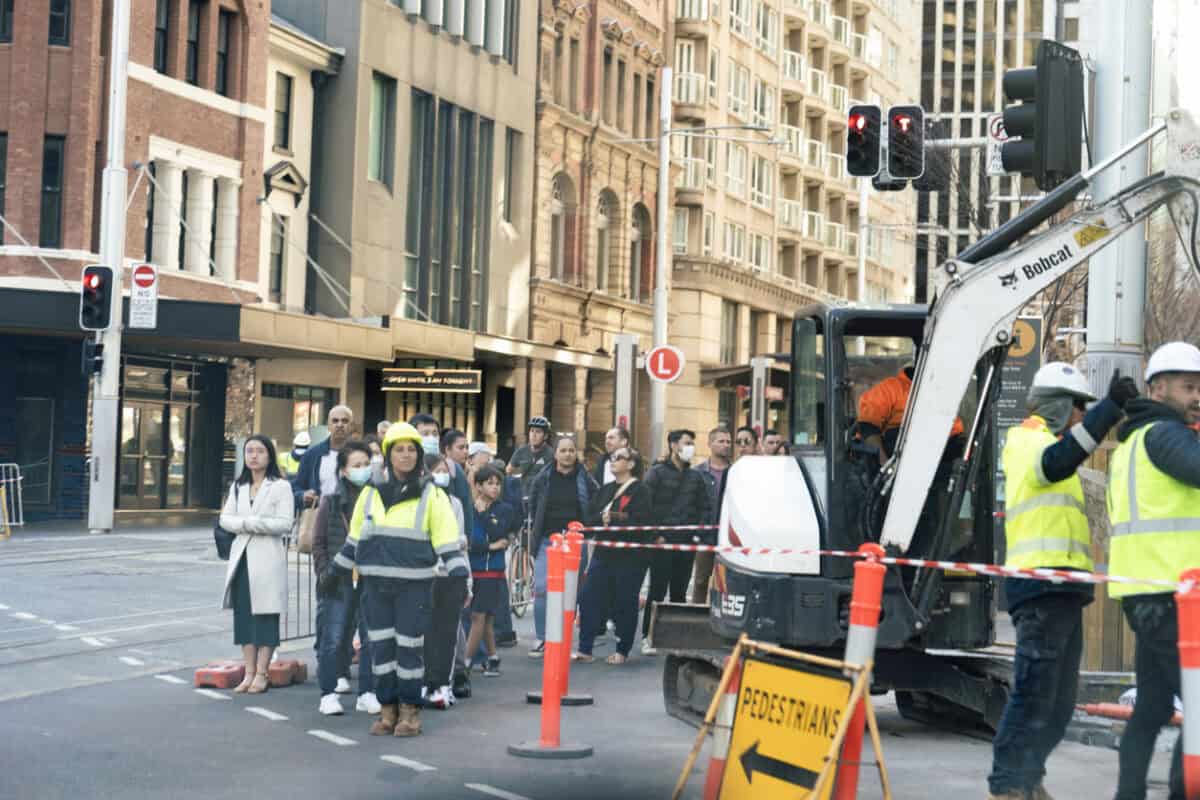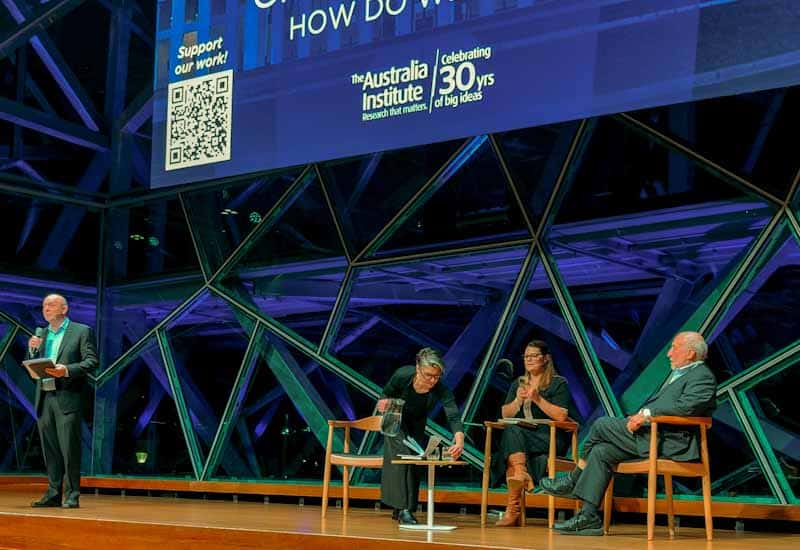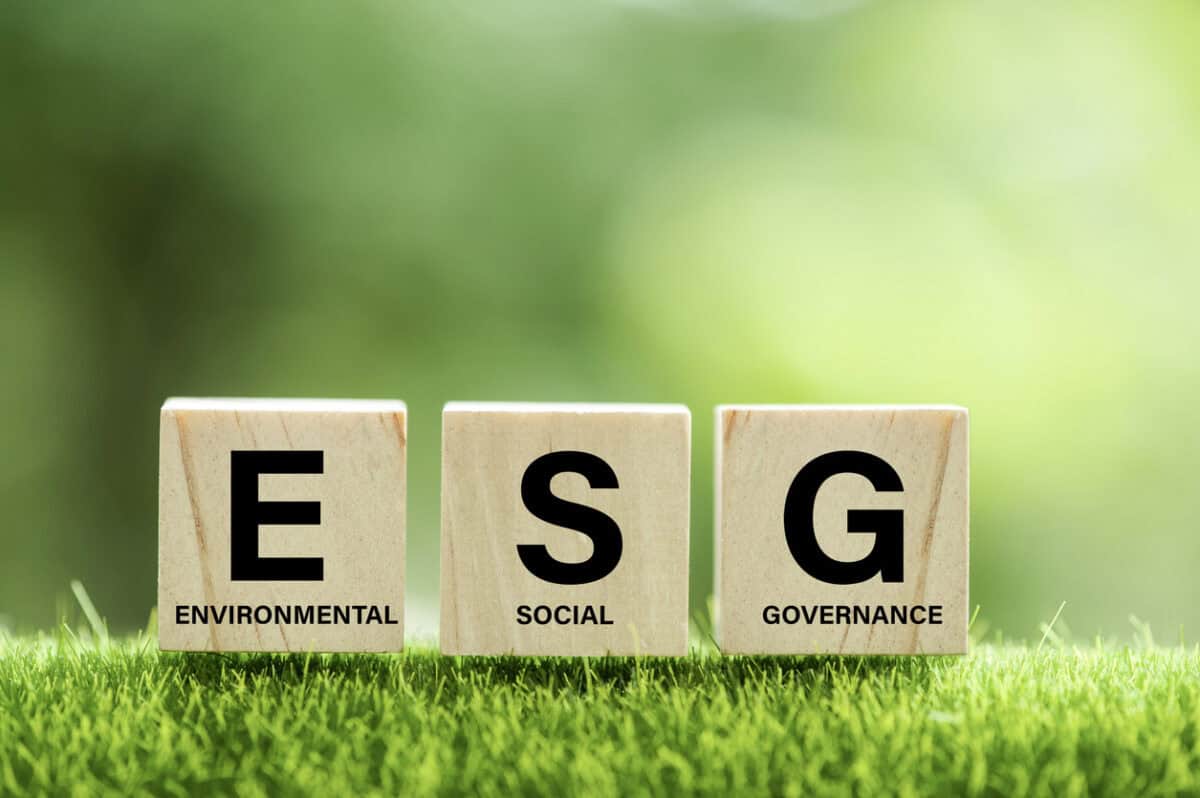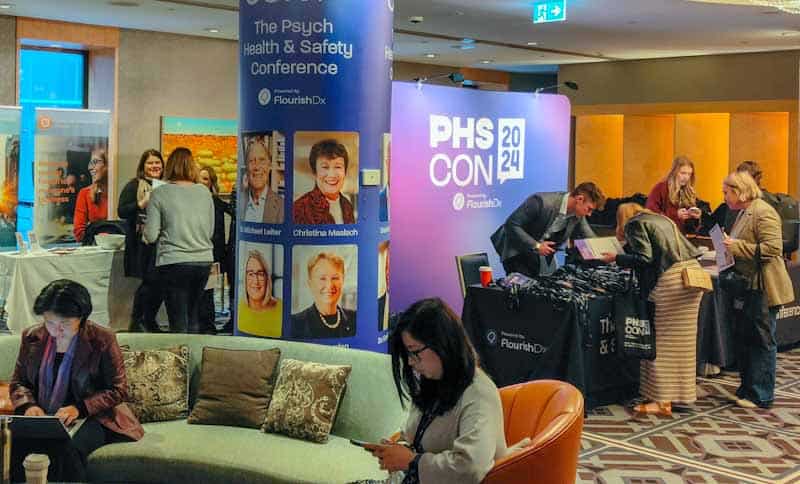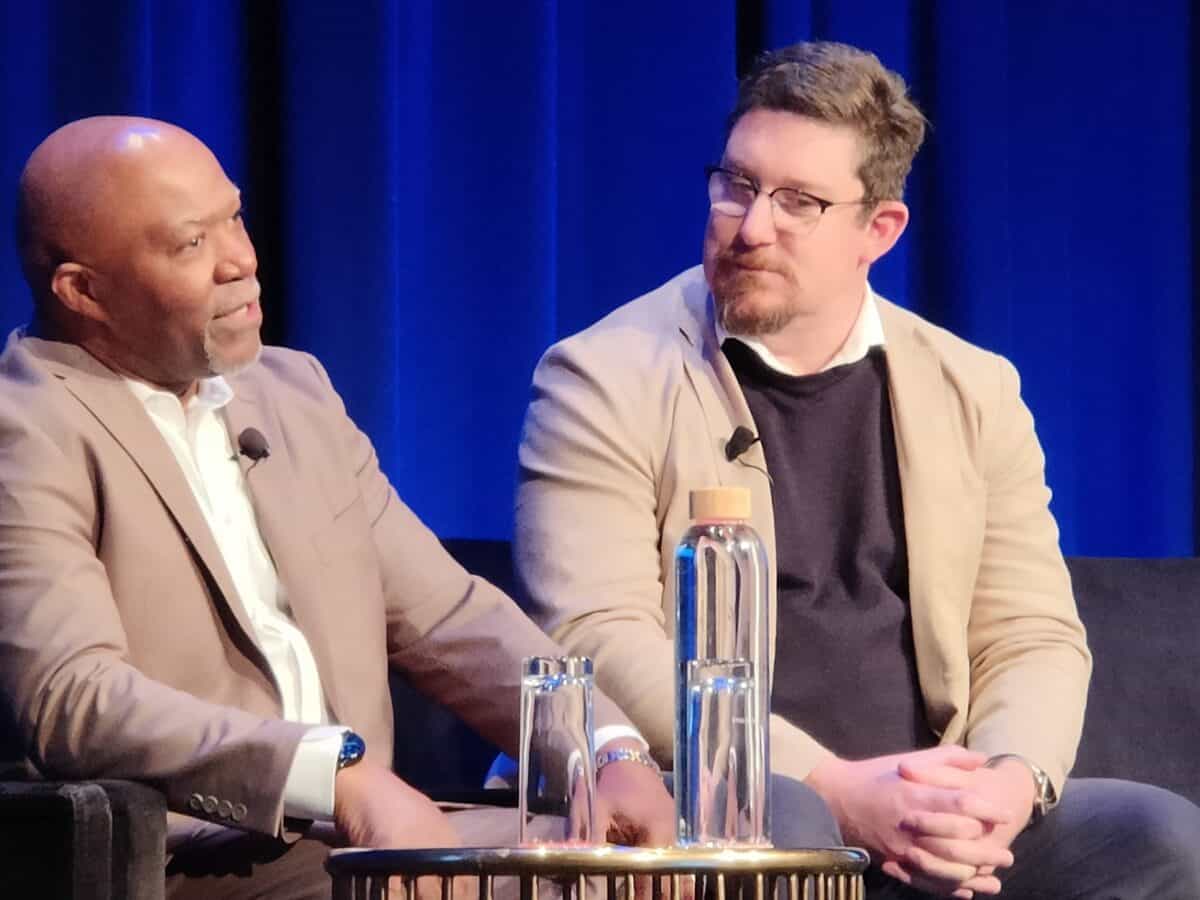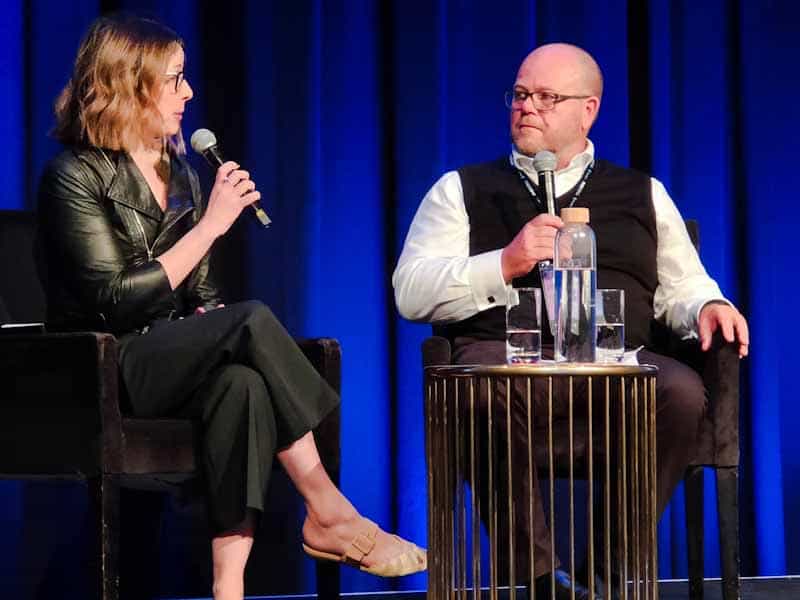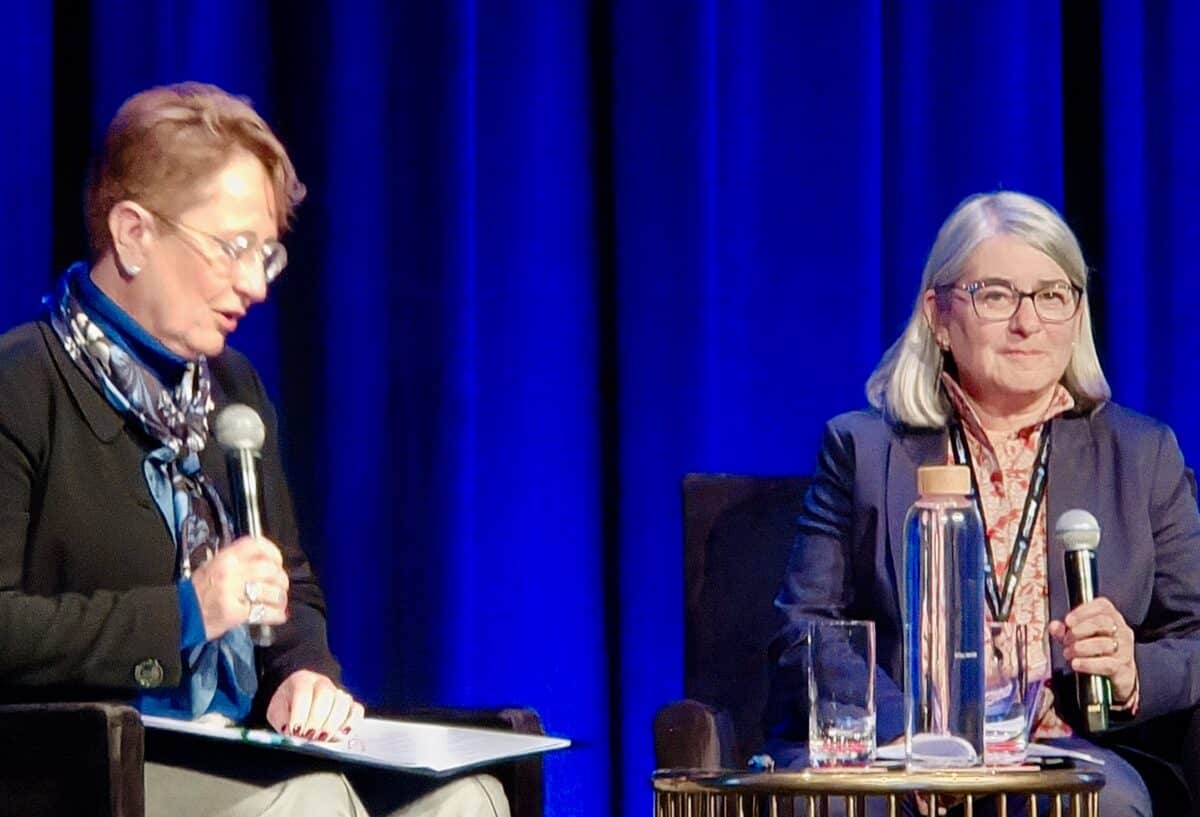Most of the Australian occupational health and safety (OHS) regulators have released their calendars of events for October. There are many invaluable events, especially for those in small- to medium-sized businesses or who have been delegated as “responsible” for OHS in those companies. There are several special events and symposiums for those of working in OHS full time, but here are three themes that I would like to see discussed during the 2024 National Safe Work Month?
Continue reading ““How can I make my workers safer?””Category: conference
“don’t trick people” – Greenwashing and Safewashing
Nobel-prize winner Joseph Stiglitz does not write about occupational health and safety (OHS). However, he does write about the sociopolitical and economic context in which businesses operate and from which worker health and safety decisions are made. In August 2024, Stiglitz is touring Australia. On August 7, 2024, he addressed a packed auditorium in Melbourne.
The topic was Greenwashing. He shared the stage with Senator Sarah Hanson-Young and Polly Hemming. The event, and I think the tour, was sponsored by The Australia Institute. Why was an OHS professional at a greenwashing lecture? The tools, techniques, and preventions of greenwashing are often echoed in OHS.
ESG and OHS
Recently, Herbert Smith Freehills (HSF) conducted a seminar on internal workplace investigations and ESG (Environmental, Social, and Governance) frameworks. Occupational health and safety (OHS) seems to be gaining more attention as an ESG element, but it must compete with so many other elements that it may always be seen as a side issue.
Is the Psych Health and Safety Conference worth attending?
Recently, Sydney, Australia, experienced the inaugural Psych Health and Safety conference managed by Flourishdx, a prominent Australian consultancy that identifies and helps companies manage psychosocial hazards at work. There were around 400 delegates in person and online. The conference was a gamble for Flourishdx, and it largely paid off, but contrary to some of the overly effusive posts on LinkedIn, it was a curious beast.
I David Daniels’ US perspective on psychosocial risks at work
Many conference delegates spoke highly of international speaker I David Daniels at the recent Psych Health and Safety conference. Daniels has a long occupational health and safety (OHS) career and hosts the United States version of the Psych Health and Safety podcast. His OHS perspectives, including his discussions about race, were significant.
Slow progress on mental health at work
Delegates at the recent Psych Health and Safety Conference were desperate for case studies on how psychosocial hazards are being prevented in Australian workplaces. Instead, they were largely presented with examples of how to manage psychosocial hazards, and many of those strategies were unsurprising – policies, training, counselling, leadership buy-in – and were familiar to those who have been applying well-being programs in their workplaces for years. Several speakers called these strategies bullshit. The most vocal of these speakers was David Burroughs, who was at the conference in a personal capacity.
Psychosocial incidents to be notifiable in Australia
The CEO of Safe Work Australia, Marie Boland, told delegates of the Psych Health and Safety Conference in Sydney on June 19 2024 that psychosocial injuries are likely to be notifiable to occupational health and safety (OHS) regulators, including instances of work-related suicide.

